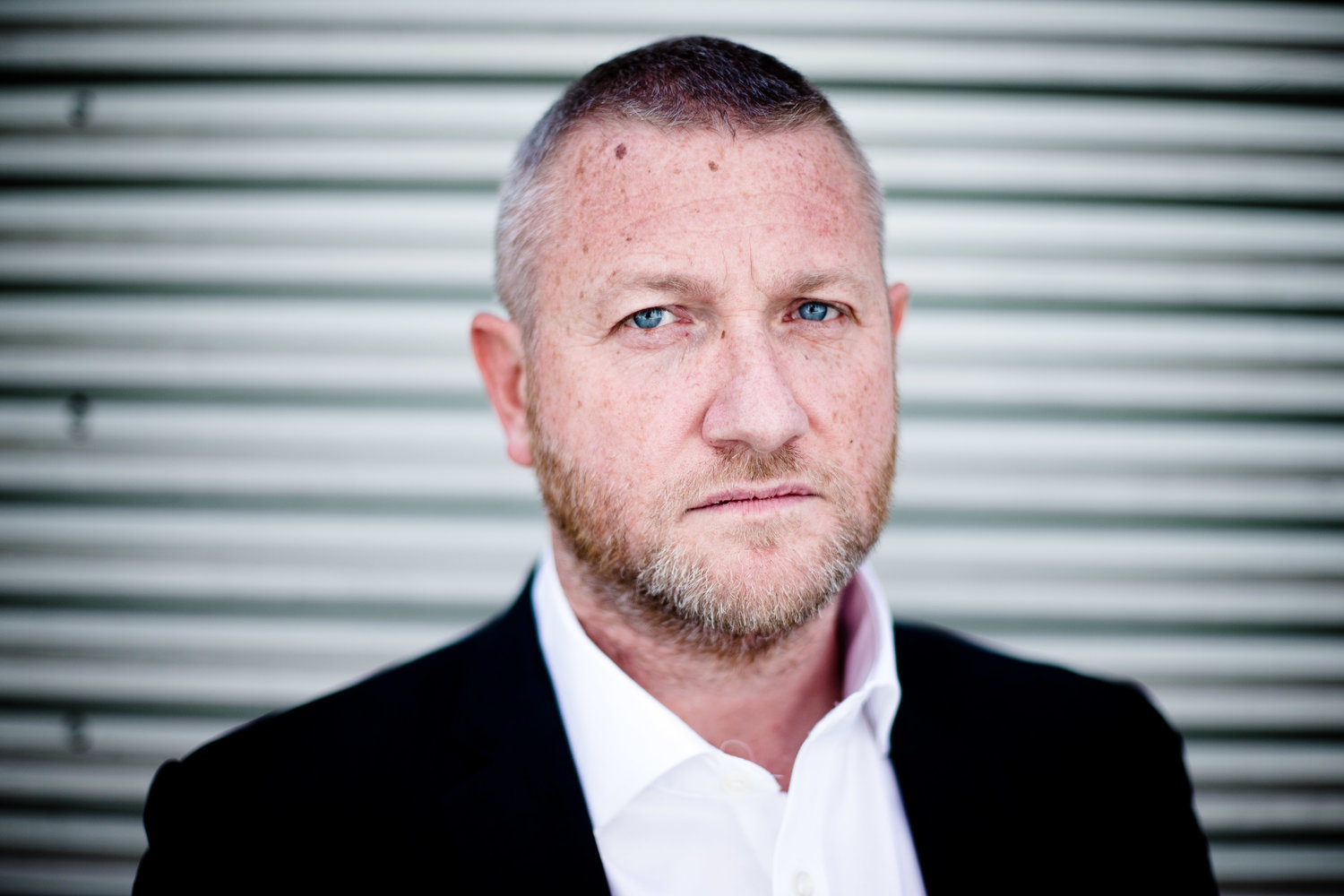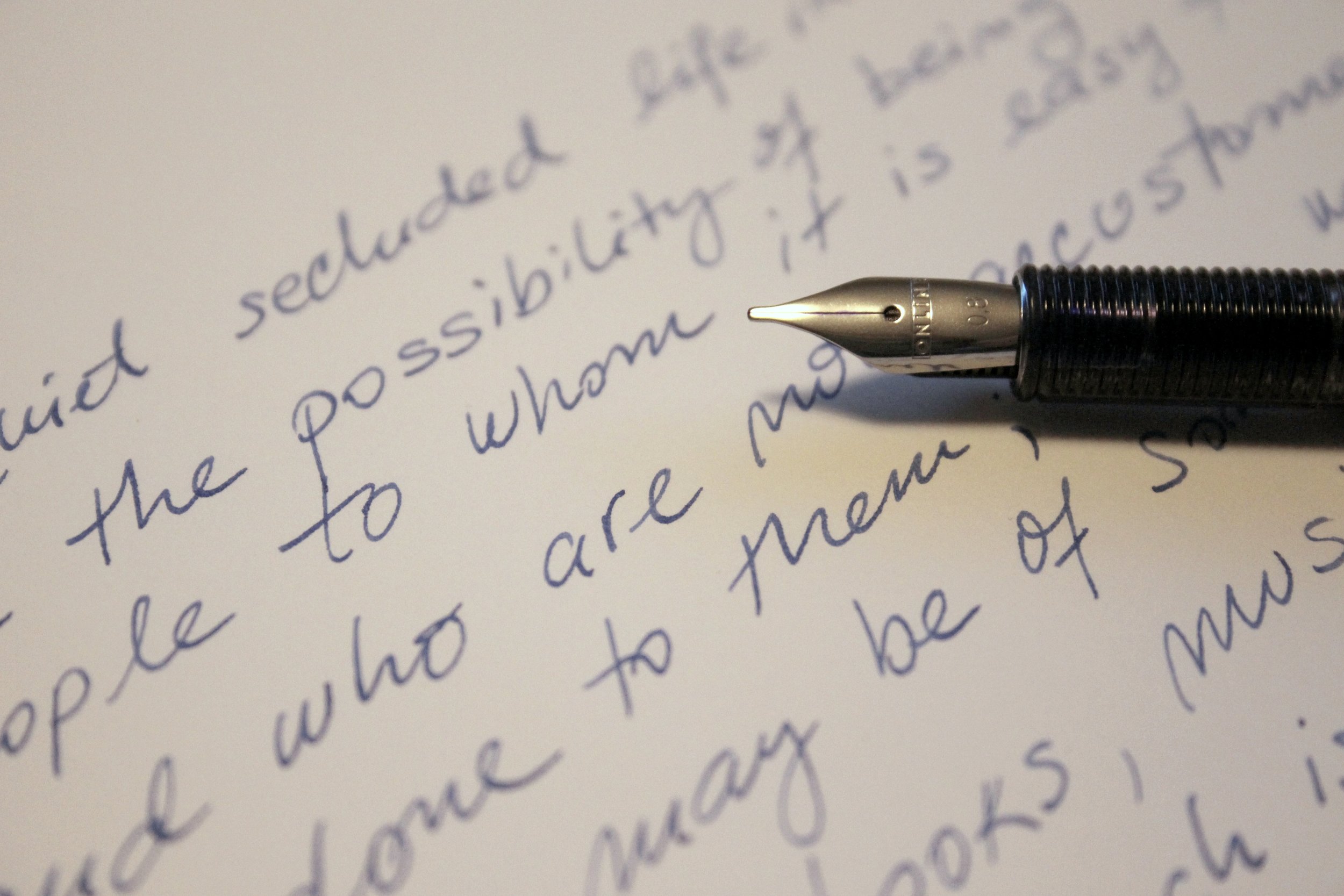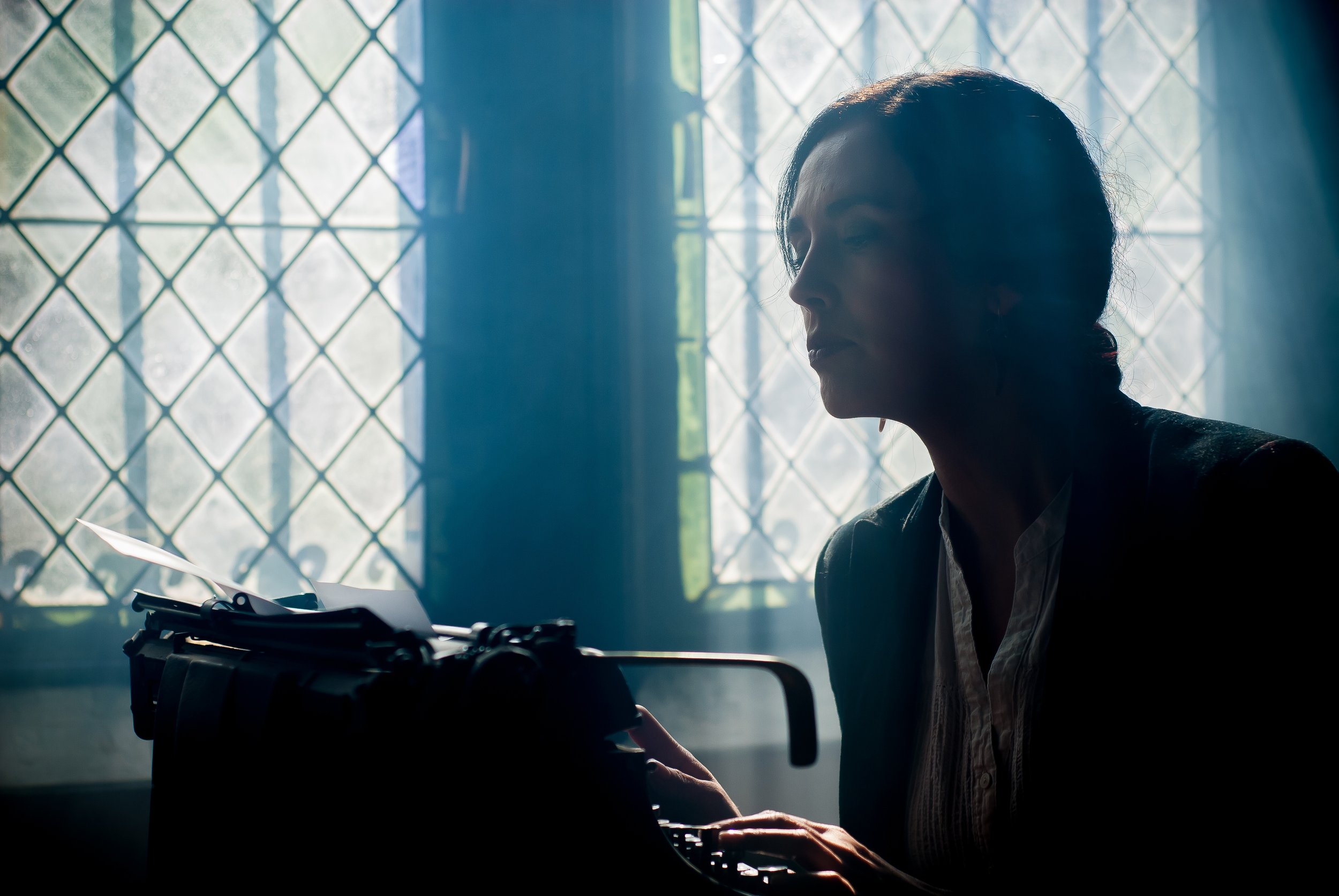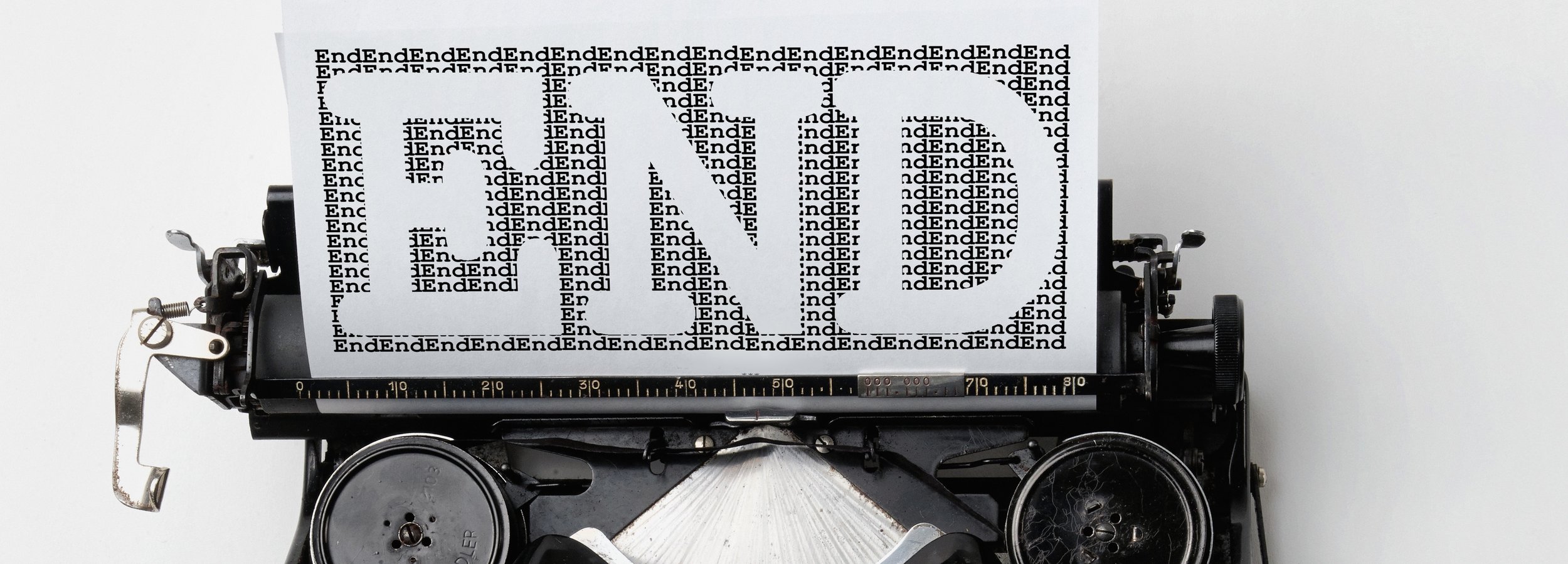THE TOP FIVE EXCUSES FOR NOT WRITING THAT BOOK... AND HOW TO OVERCOME THEM
1. I don’t know HOW to write a book?
That’s easy.
One word at a time.
2. But I’m not disciplined enough?
Writing for yourself sucks sometimes. It’s like a chef who only ever cooks a meal for one. Or a professional singer who only sings in the shower.
I know some authors who got started by writing for their kids.
One wrote for a friend who was going through chemo. Another wrote for a gentleman she was trying to impress.
You need a muse.
Someone who will read what you write and encourage you to send them a bit more...and a little bit more...because they're desperate to find out what happens next. Otherwise, writing a whole book on your own can be hugely daunting.
A muse will encourage you to move the story on because they want to find out more about your character or know what happens next.
Maybe it’s not just one single muse, maybe it’s a blog audience or a group of readers on a fan-fiction site.
Find someone who can read your material.
Take your singing out of the shower.
3. I don’t know where to start?
Start by thinking. Getting in the mood.
Then write one word. One line.
One paragraph.
Writing is a journey that take the writer and the reader from point A to point Z – but much like a detective catching a criminal – you may have to go down a lot of dead ends before you get there.
When you’re in the right frame of mind, just write what’s in your head at the time. It’s all about getting words down on the page.
And if you make mistakes, so what? We make mistakes all the time when we speak – but it doesn’t stop us from talking. Your aim is to get your message across. Worry about finessing it later.
The comedian and author, Ben Elton, once said the key to writing a book is writing so much and so fast that you get to the point where even if you hate it, you’re loathe to tear it up and start all over again because you have too much material.
If you get to that point - you've got the makings of a book.
4. I’ve got writer’s block
Don’t sit there in front of your PC, or wherever you write, expecting writer's block to disappear on its own. It won’t.
Your mind is like a sponge.
If it's empty, you’re never going to get anything out of it.
Go and fill it up with something.
Watch a film.
Read a newspaper.
Go for a walk.
Listen to some music.
Interview someone.
Fill your mind with something, anything.
Then come back and squeeze the sponge.
Emotional writing can be good too. Write an argument when you’ve had an argument with someone. Write a love scene when you’re in love.
Leave it for a bit.
Then stand back and analyse it in the cold light of day.
5. I’m used to writing short pieces, but I can’t do a whole book?
Think of your book as a patchwork quilt. Each scene is a crocheted square and a few of those will make up a chapter.
When you’re creating a quilt, you don't have all the pieces instantly, nor get them sewn together overnight. Sometimes you do a bit of crocheting and sometimes you do a bit of sewing, but gradually, you build up those small pieces into larger panels and fit them together to make a quilt.
As long as it's growing, you're doing a good job.
Sometimes you have to re-crochet a tiny piece of quilt because it's faulty, or remove one section and replace it with another because it doesn't look right there.
You can do the crocheting of squares yourself. But sometimes, piecing the bigger bits together is daunting. And that’s when you can get help from an editor to stitch them together.
The editor will point out if the tones in one area of your quilt don’t complement each other. Or if you’ve put all the light colours down one end and the darker hues up the other.
Having other people gaze at your patchwork quilt can reveal some interesting verdicts.
But remember, as the author Stephen King once said – if eight people have eight different opinions on it, you’ve no need to worry.
If they’re all saying it’s too thin and has gaping holes in it – then you need to worry…
David Videcette is a former Scotland Yard detective turned author. His debut thriller The Theseus Paradox is based on true events and the five years he spent investigating the 7/7 London bombings. David's thrillers support the charity work of The Police Dependants' Trust.




































